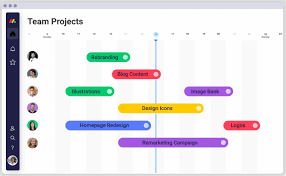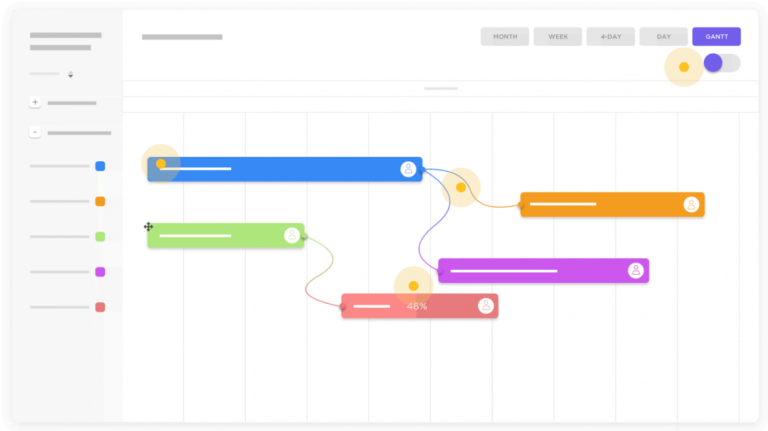Currently Empty: £0.00

Like most professions, project managers also have their own lingo. Fortunately, project management uses more words than acronyms so to get you started we’ve compiled a list of 15 common project management terms you may encounter on your first or subsequent projects.
We have kept the definition brief so it’s easy to understand each term. As an example, we will use a project involving making tea at breakfast time for a friend to illustrate many of the terms.
1. Stakeholder
This is an individual who has a direct or indirect interest in the deliverable of a project. This individual is likely to be impacted positively or negatively by the outcome of the project. The stakeholder in the tea making project identified above is the friend who will consume the tea.
2. Baseline
The baseline is the starting point of any project. It is used to create an expectation at the start of the project for everyone involved. You will often hear the project team refer to the baseline plan which is the plan approved at the commencement of the project.
3. Deliverable
This is the outcome of the project, the goods, service or product that will be given to an internal or external stakeholder on completion of the project. As you might have guessed it can be tangible or intangible. In the Tea making project, the deliverable is the tea which is the tangible physical product.
4. Project Scope
The scope of the project defines the goals, tasks, cost, deliverables and timescale for the project. It sets the boundaries for the project team.
5. Project Charter
This is a document that documents the key objectives and scope of a project. It provides the stakeholders with a high-level overview of the work to be completed before the project is approved. You can download a product charter for free here.
6. Milestone
Milestone signifies the start or end of an achievement of a significant event in the project. You will most hear of milestones in large projects as they are used to break down the project into manageable sections. An example of a milestone in a Tea making project is the event of pouring the hot water into the cup.
7. Dependency
Some tasks are related to other tasks. Often in projects you will have to complete various tasks, some of these tasks can be completed concurrently, at other times they will need to be completed in sequence with one task needing to be completed before another commences. For example, in the tea-making project, you need to get the mug before pouring the hot boiled water.
8. Gantt Chart
This is a horizontal bar chart that shows how every task of a project is broken down into days, weeks or months.


9. Requirements
Project requirements are the conditions that the project must meet. It is identified by critically thinking through why the project is been done. An example is that the tea must be made with drinkable water.
10. Key Performance Indicators (KPI)
This is a metric used to demonstrate how well the project is progressing towards the set objectives. KPIs are often agreed upon at the early stage of the project.
11. Kanban
Kanban refers to the virtual board used to visually display the progress made on a project. At a minimum, it will list the task to be completed, the task in motion and the task completed.
12. Scope Creep
Scope creep refers to a change (often an increase) in the scope of the project. A change in the scope of a project is not necessarily a bad thing as it might have come about as a result of a change in regulation. An unauthorised change however that goes unnoticed or unmonitored and without proper control is every project manager’s nightmare.
13. Contigency Plan
This is also known as plan B. The contingency plan is a backup plan created and ready to be put into motion should the primary plan (Plan A) not go as expected.
14. Bottleneck
A bottleneck is a stage in a project where the workload is greater than the capacity of the system, team or resource allocated to complete the project. Bottlenecks if not addressed hinder the flow of work and completion of the project. Another project manager nightmare!
15. Risk
This is as you might have interpreted. The project risk is an uncertain event that may or may not occur during the project. A risk can alter the outcome of the project. It often affects the project scope, deliverables, timeline, budget or any other area of the project.




